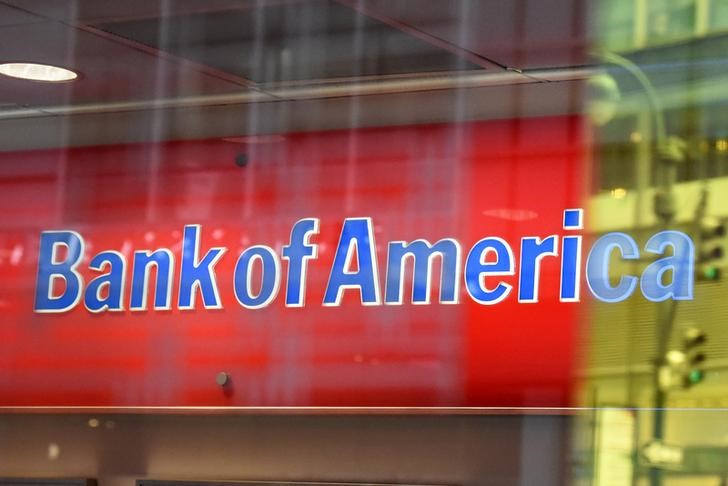After a few days of hovering above $66,000, bitcoin (BTC) has dropped to a low of $63,500 amid heightened volatility.
Coincidentally (or not), the amount of outflows from the United States spot Bitcoin exchange-traded funds (ETF) market on April 24 hit $120 million.
BTC Plunges by 4.5%
Data from CoinMarketCap shows that BTC lost roughly 4.5% of its value within a few hours, plummeting from $66,700 to $63,500. Although the leading cryptocurrency had recovered slightly by the time of writing and was changing hands at $64,000, it was still in the red and down 3.8% from its value the previous day.
Bitcoin’s fall from the $66,000 level dragged a large portion of the crypto market down, wrecking over 91,000 traders with liquidations running into $208 million, per data from CoinGlass. Short liquidations totaled $32.18 million, while long positions were $176 million.
Notably, some large-cap altcoins, including Avalanche, Shiba Inu, Toncoin, Solana, and Cardano, plunged even more than BTC did, recording losses above 7% each.
Spot ETF Outflows Hit $120M
Wednesday saw investors withdraw more than $120 million from spot Bitcoin ETFs, breaking a three-day streak of positive flows. Every other ETF, except Fidelity’s FBTC and Ark Invest’s ARKB, received zero inflows, bringing the total amount received by the funds to $9.8 million.
BlackRock’s IBIT broke its 71-day inflow streak, halting its ascent on the list of the top ten ETFs with the longest inflow streaks. IBIT earned its spot on the elite list on Tuesday after experiencing inflows non-stop since its launch on January 11.
On the other hand, Grayscale’s GBTC continued its outflows, with more than $130 million withdrawn on Wednesday. The ETF, which has witnessed consistent outflows since its launch, now holds around 302,000 BTC worth over $19.3 billion with a volume of $526 million.
Meanwhile, analysts have urged the crypto community to remain calm on days when ETFs record zero inflows, as this is a regular occurrence. Bloomberg ETF analyst James Seyffart said the vast majority of exchange-traded funds would have no inflows on any given day, and it is nothing to be worried about.







